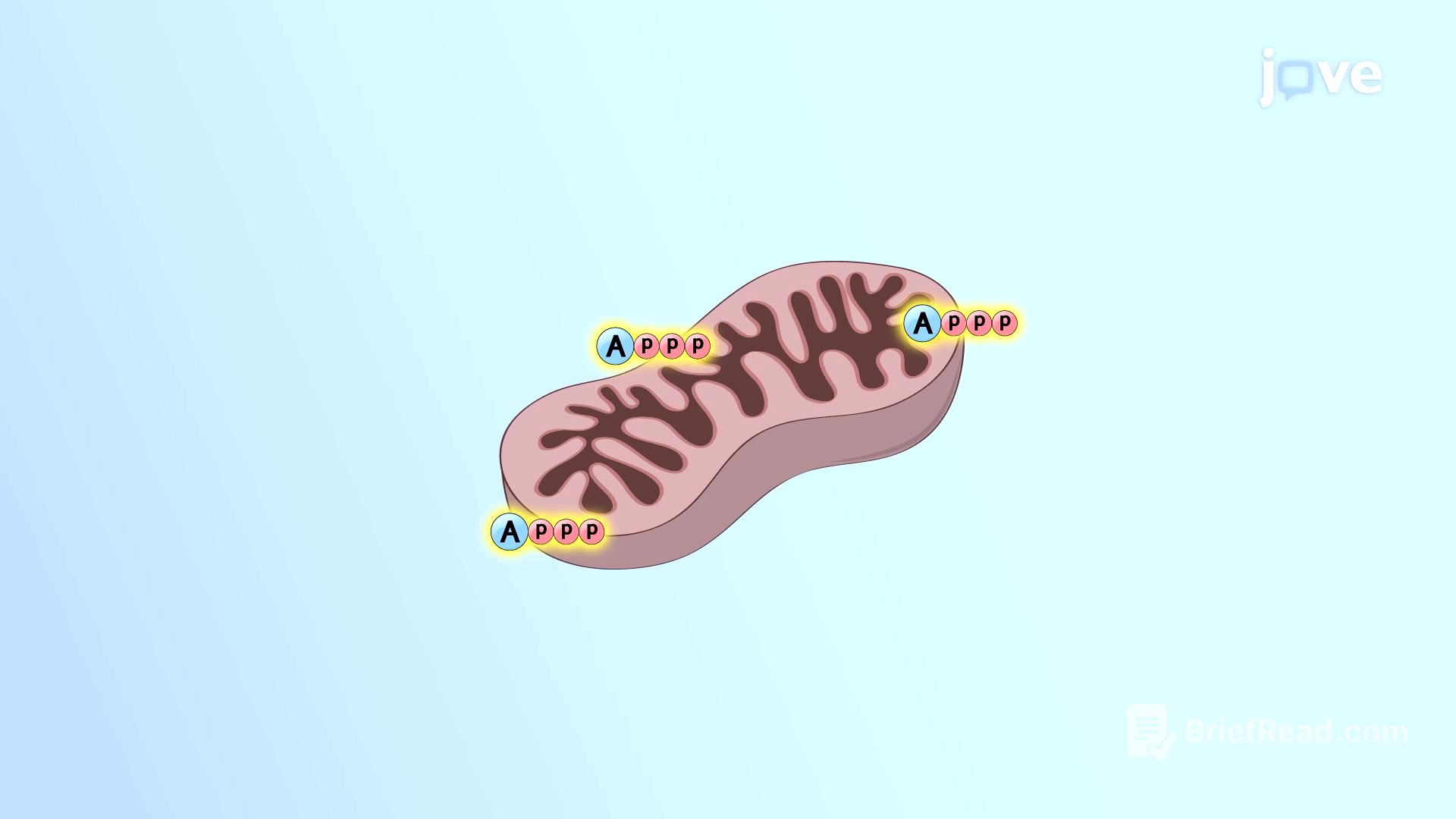TLDR;
Mitochondria, the powerhouses of eukaryotic cells, play crucial roles beyond energy production, including cell growth, signaling, and metabolism. Aging impacts mitochondrial function, leading to a decline in quality and integrity due to mutations and oxidative damage. This disruption affects processes like mitophagy and mitochondrial movement, contributing to age-related diseases. The accumulation of reactive oxygen species due to decreased antioxidant capacity in aging mitochondria further exacerbates cellular damage and can lead to cell death.
- Mitochondria produce energy and are involved in cell growth, differentiation, signaling, metabolism, and senescence.
- Aging impairs mitochondrial functions, leading to abnormal cell processes and age-related diseases.
- Mitochondrial fission is associated with mitophagy, which removes damaged mitochondria to maintain tissue homeostasis.
- Mitochondria associates with the cytoskeleton to facilitate their own mobility, which is crucial for distribution across cytoplasms.
- Aging mitochondria have decreased antioxidant capacity, leading to the accumulation of reactive oxygen species and cell death.
Mitochondria
Mitochondria are eukaryotic cellular organelles responsible for energy production through oxidative phosphorylation. Beyond energy, they participate in cell growth, differentiation, signaling, metabolism, and senescence. Age-related changes diminish mitochondrial quality and integrity due to increased mutations and oxidative damage, severely impacting their functions and leading to abnormal cell processes.
Mitochondrial Dynamics and Mitophagy
Mitochondria exhibit structural plasticity, undergoing fission or fusion based on cellular processes. Mitochondrial fission is linked to mitophagy, a regulatory mechanism that removes damaged mitochondria to maintain tissue homeostasis. Aging can cause loss or mutation in proteins involved in mitochondrial fission, impairing mitophagy and correlating with age-related diseases like Alzheimer's, Parkinson's, cardiomyopathies, and cancer.
Mitochondrial Movement and Cytoskeleton
Mitochondria associate with the cytoskeleton to facilitate their mobility, which is crucial for distribution in cells with complex structures like neurons. In aging cells, cytoskeleton instability can decrease mitochondrial movement, leading to abnormal neuronal functions.
Energy Production and Oxidative Stress
Energy production through respiration is a primary function of mitochondria. This process generates superoxide radicals as a toxic byproduct, which are typically neutralized by the mitochondrial antioxidant system. However, aging mitochondria have reduced antioxidant capacity, leading to an accumulation of reactive oxygen species that cause oxidative stress and eventually cell death.









